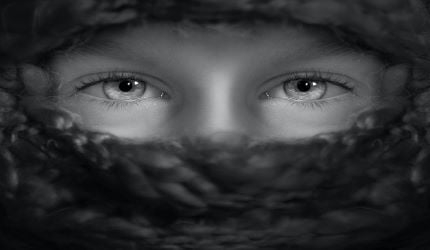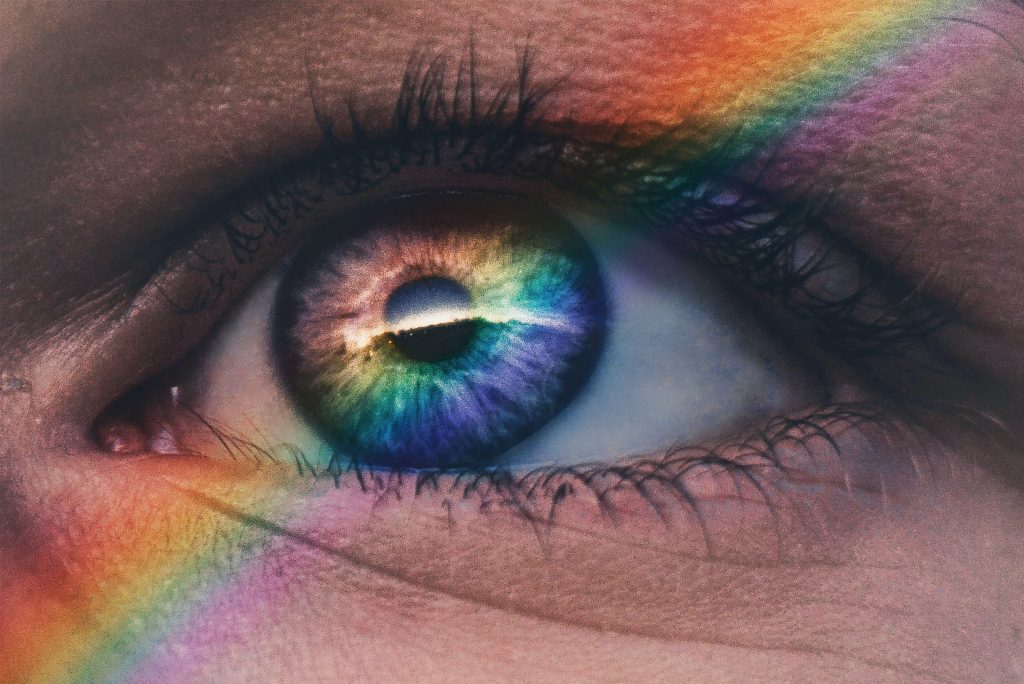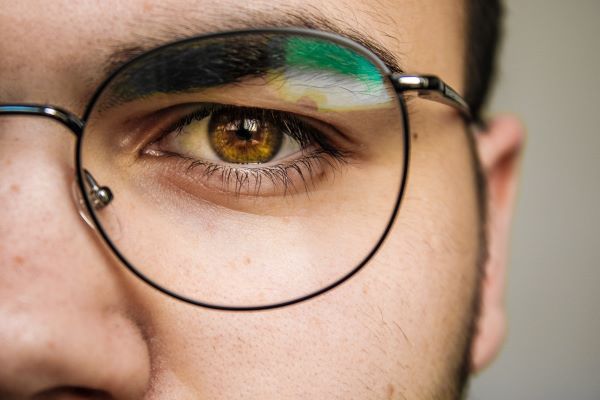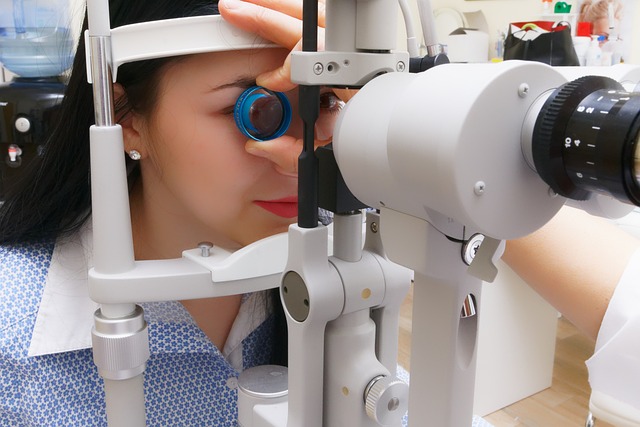
The eyes are a very complex organ, and the quality of your vision depends on the quality of the connection between your eyes and brain. There are many different parts of your eyes that have to work together in order for you to see. If the quality of the connection is compromised, it will cause problems with your vision. Read on to learn more about the process your eyes go through in order to work properly.
Light Passes Through Your Eyes
Light enters through the front layer of your eye, called the cornea. The cornea bends the light before it passes through to the pupil, to bring the object you're looking at into focus. The pupil is in the center of the iris (the coloured part of your eye). It automatically increases or decreases in size depending on the intensity of light.

The light then passes through the pupil to the lens behind it. The lens adjusts its shape to bend the light a second time. This is so that when it enters the retina at the back of the eye it is focused correctly.
Connection From Eyes to Brain
Special cells in the retina, called photoreceptors, turn the light into electrical signals. The signals then travel through the optic nerve to the brain. Then the brain turns these signals into the images you see.
If the connection between the eye and brain isn’t well developed, the visual information sent to the brain isn't interpreted properly. As a result, images will be difficult to see.
Eyesight Quality
Your eyesight is dependent on the quality of all the components of your eyes, including eyeball shape, corneal integrity, and lens clarity and curvature. If any of these components don’t function properly then vision problems can occur such as farsightedness, colour blindness, blurred vision, or crossed eyes.
Treatments For Eye Conditions
- Eyeglasses: Prescription glasses or contact lenses help to focus light accurately onto the retina. This helps with conditions such as farsightedness, and astigmatism. People with presbyopia can use special reading glasses to help with up-close vision.

- Eyedrops or Eye Patch: If you have an eye injury, your optician may recommend flushing out your eye with water. You may also need eye drops or an eye patch so your eye can heal.
- Medication: Your optician may recommend antibiotics to treat an infection. You may also need other medication to manage any other health conditions that are causing problems for your eyes.
- Surgery: Depending on your symptoms, you may need vision correction surgery such as cataract surgery, a cornea transplant, or a procedure to reattach a retina. Surgery can also be performed to correct crossed eyes and remove tumors.
Checking Your Eye Health
Regular eye exams give your eye care professional a chance to help you correct or adapt to vision changes and provide you with tips on caring for your eyes.

During a full eye exam, your optician will use special equipment, instruments and lights to do a thorough check for any vision problems or eye diseases. Eye doctors can also help evaluate your overall health by detecting problems that aren’t eye-related.
If you're looking for a new pair of glasses or require new lenses in your current frames, contact us today and we will be happy to help.
